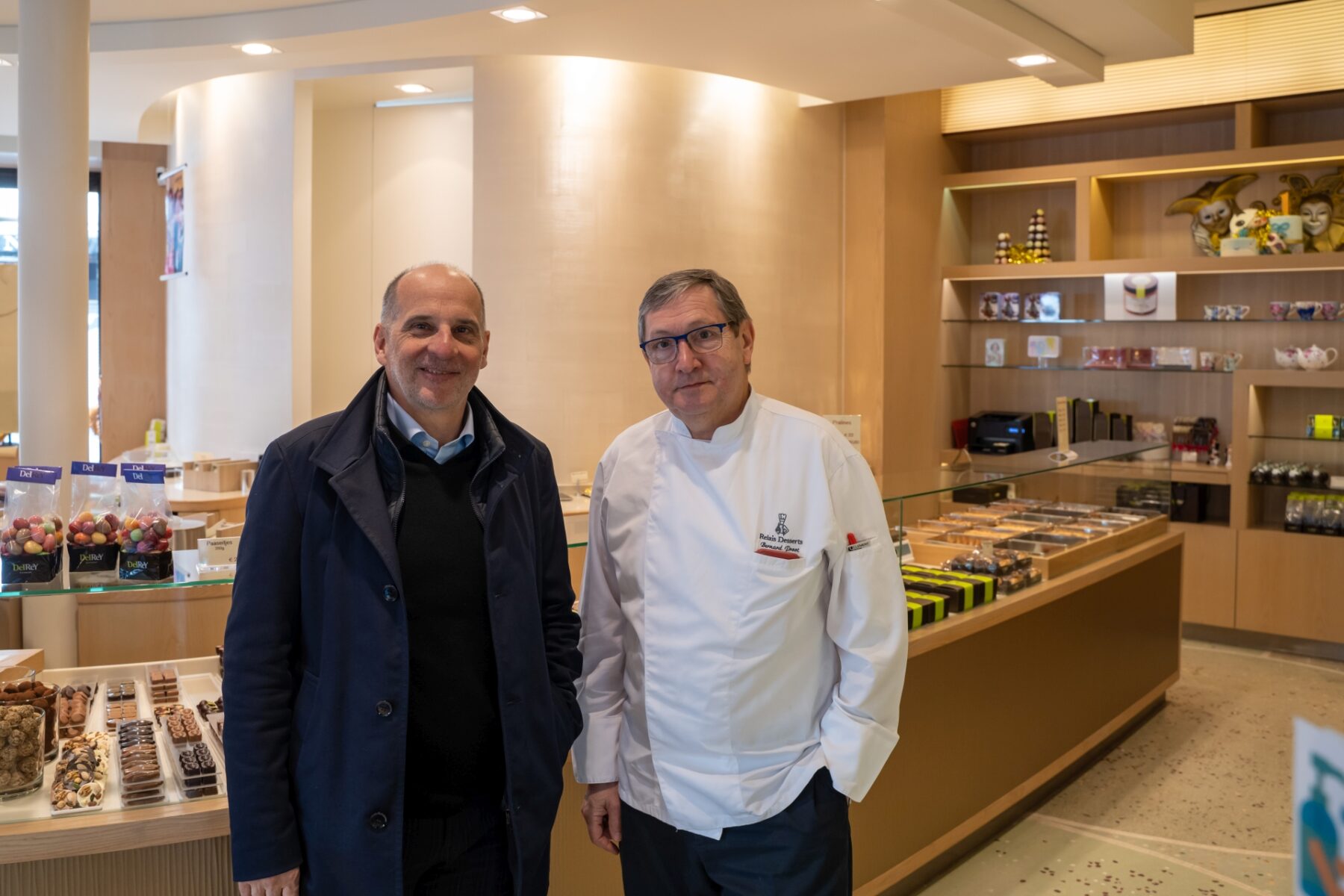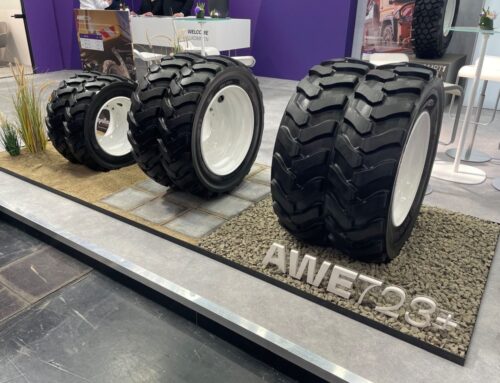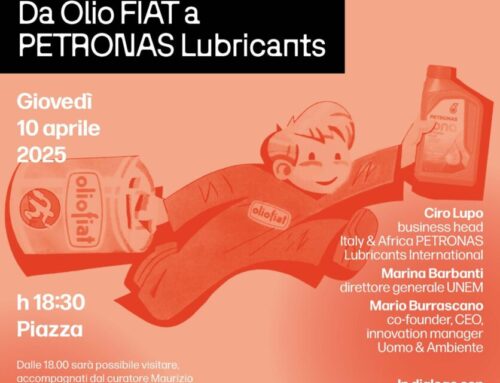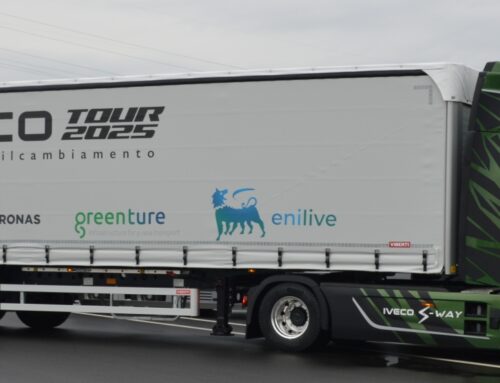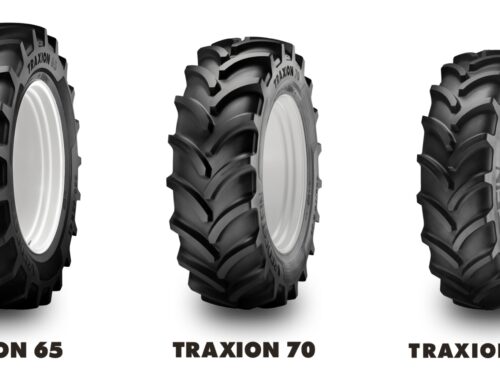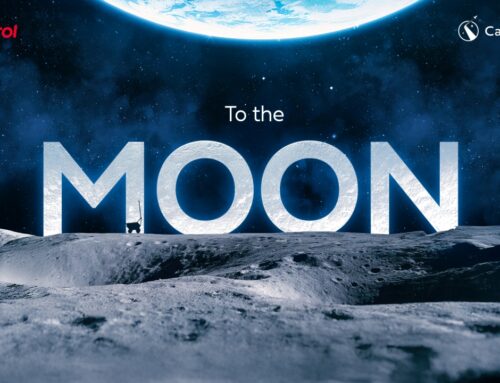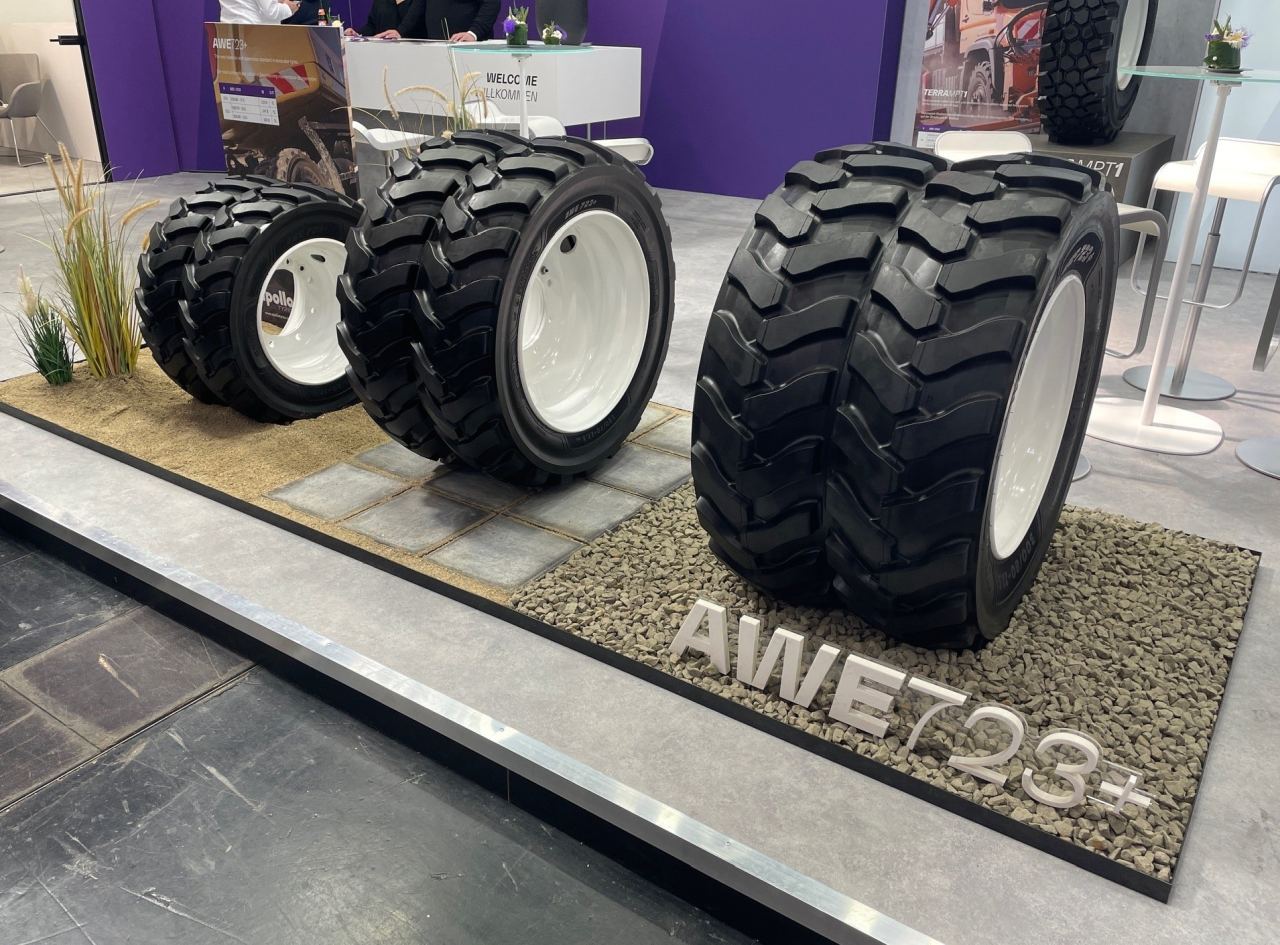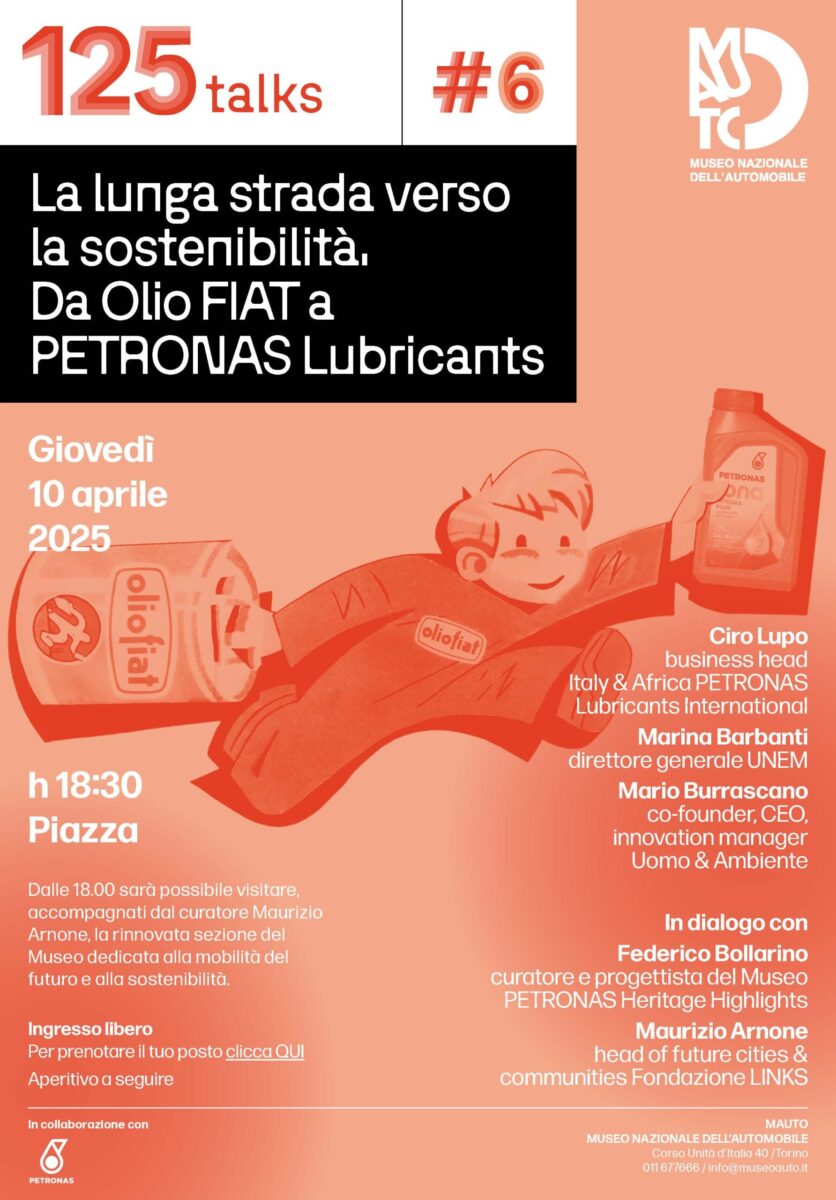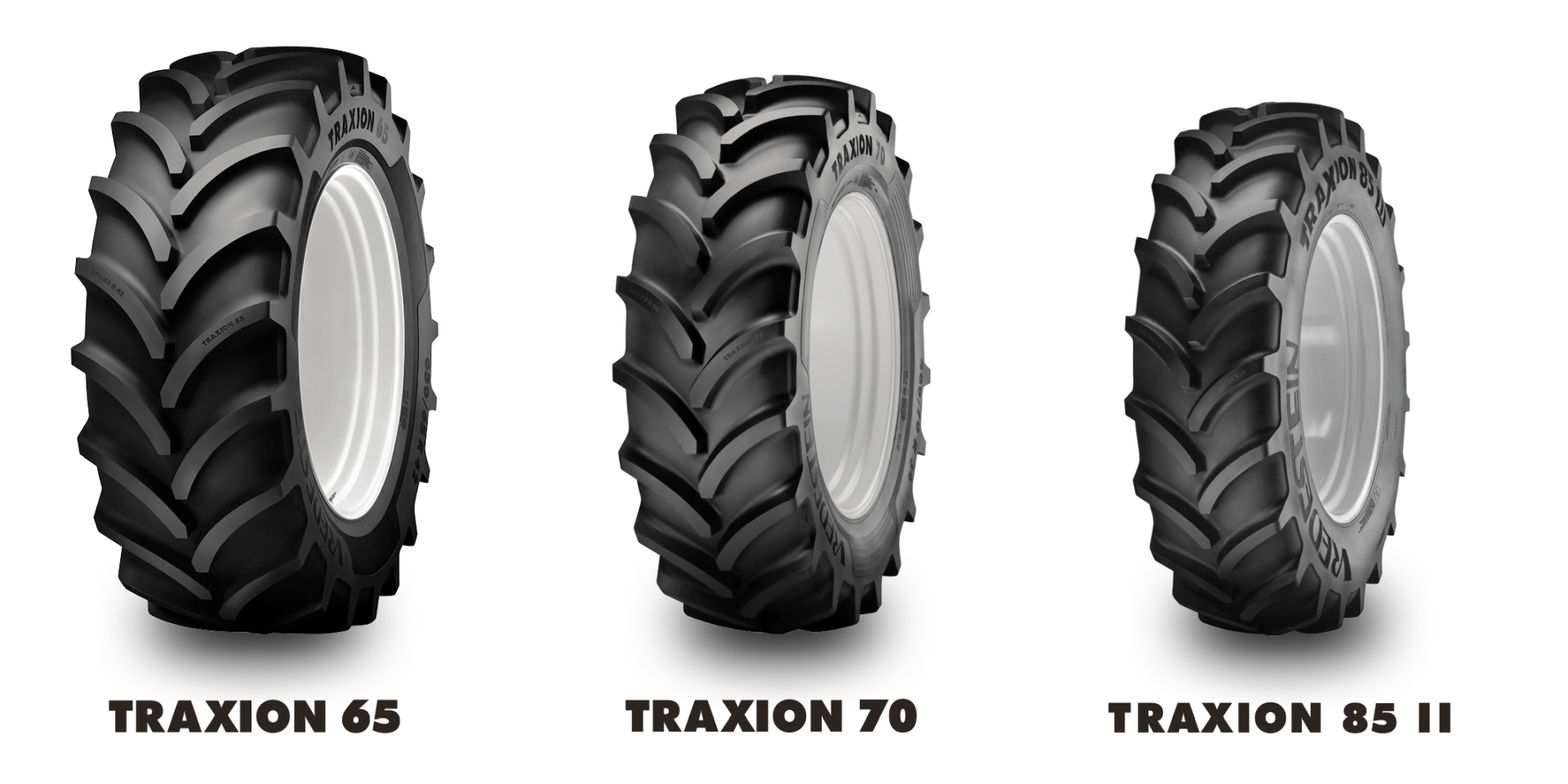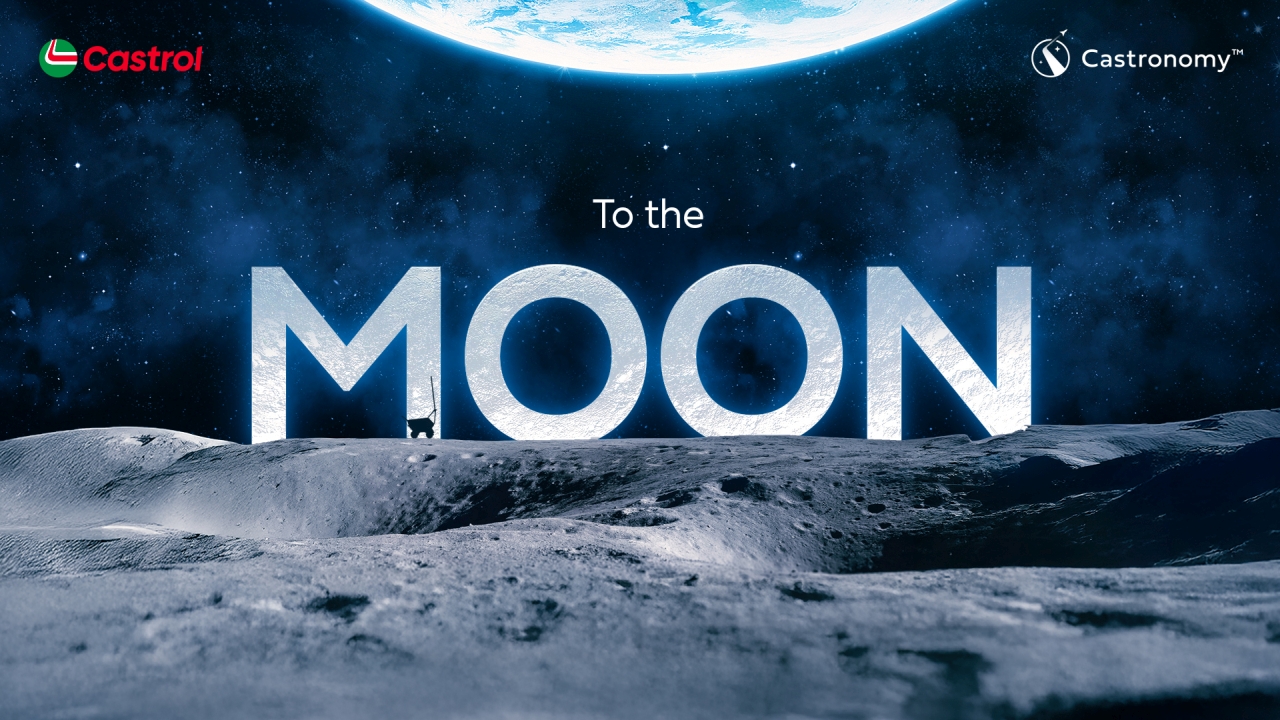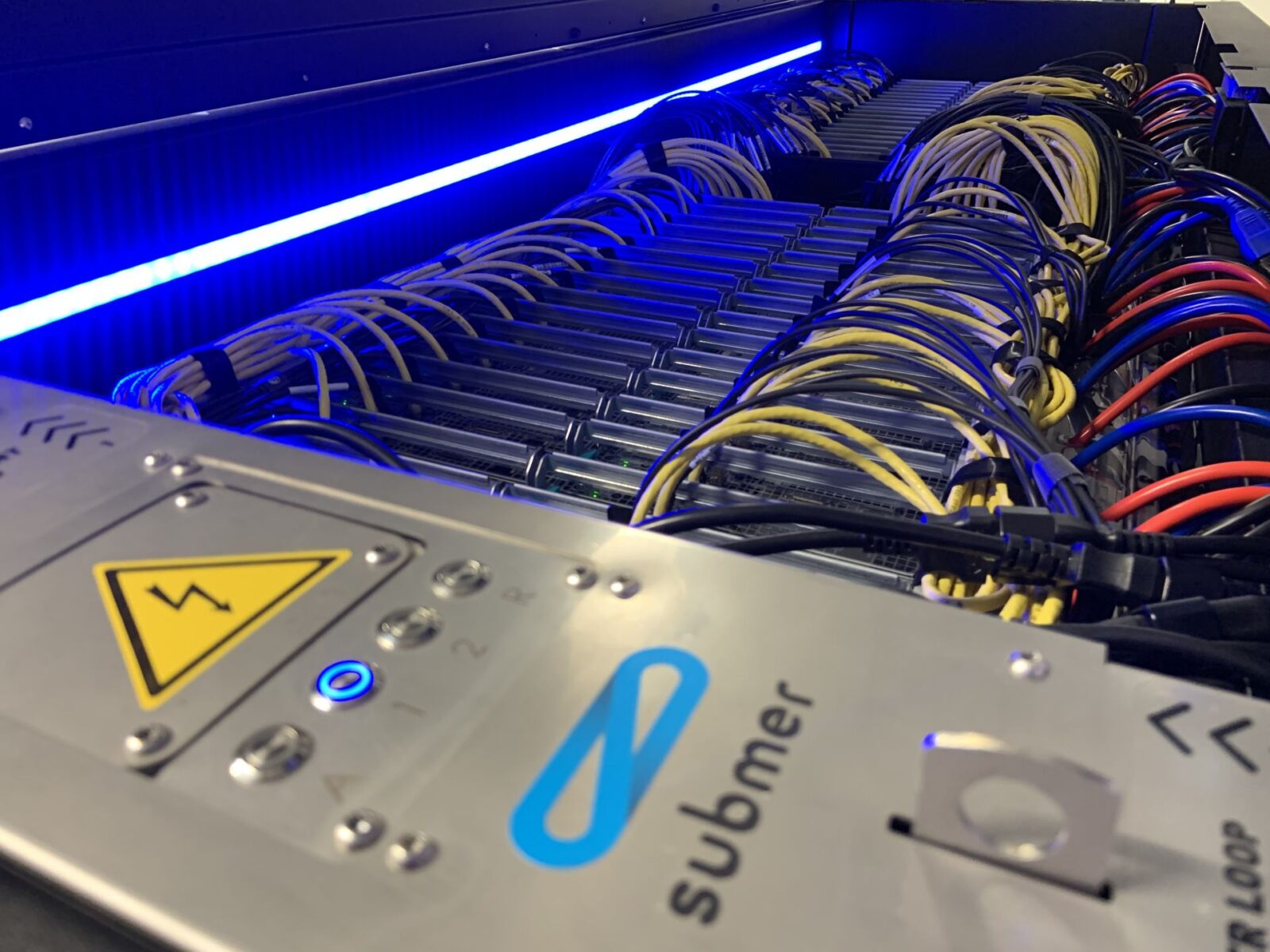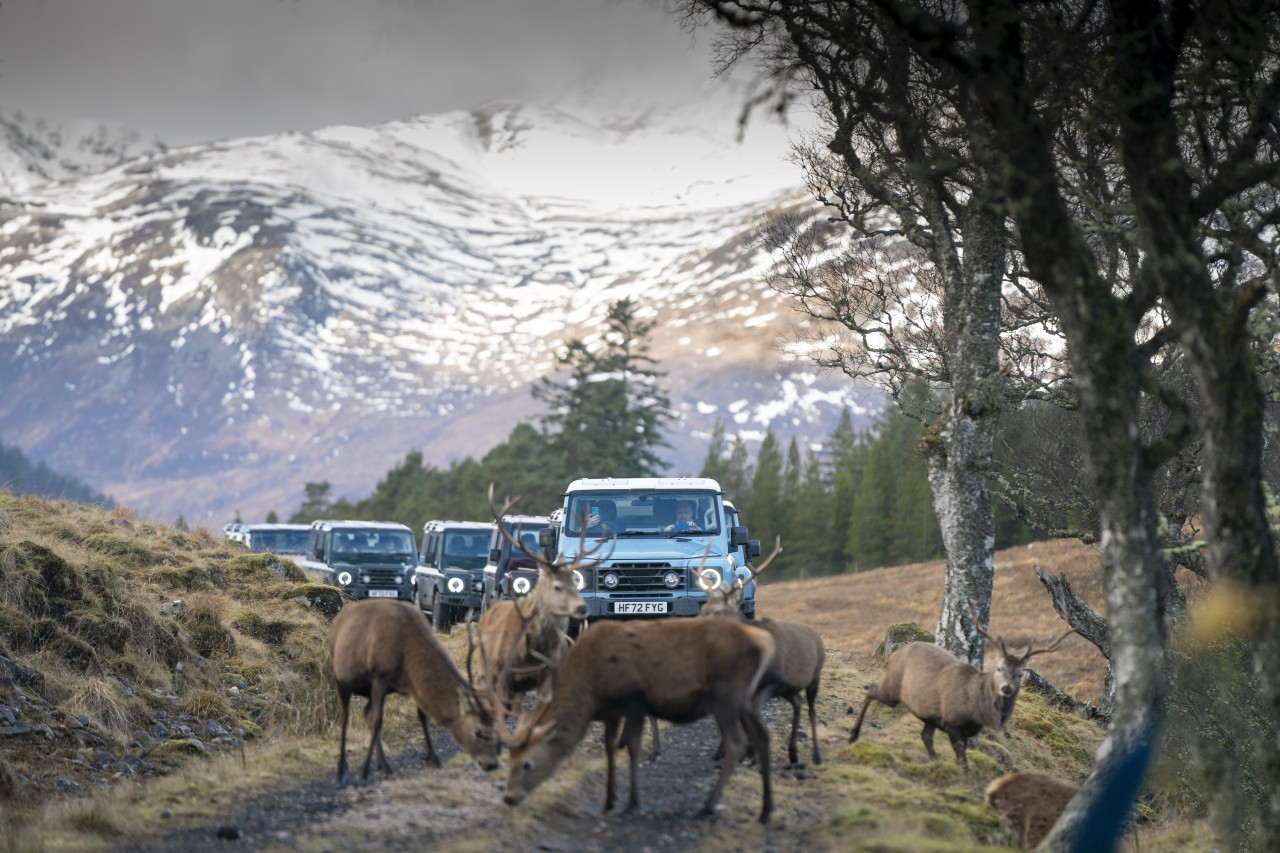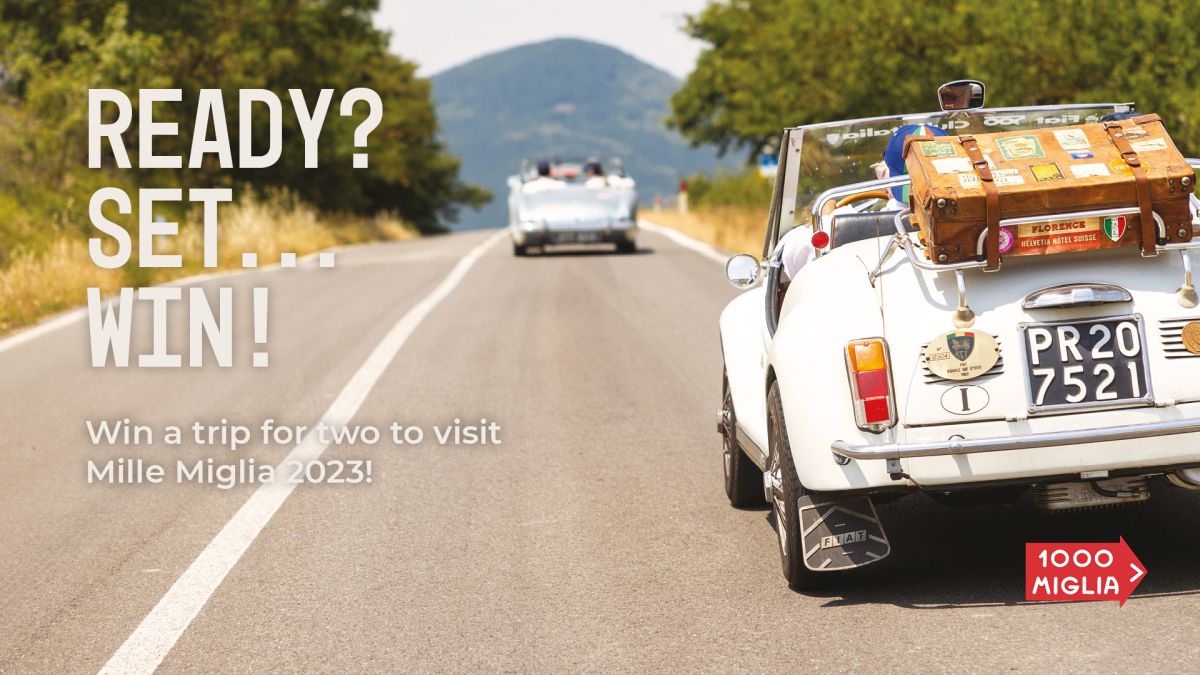- What’s next? – a conversation with Bernard Proot, owner of Chocolatier Del Rey, in Antwerp, Belgium.
- Many can make chocolate, but only a select few make good chocolate.
- Not only is taste an evolution, but everything is an evolution.
- Something new has to be good, no matter what it is or what it is made of.
Shanghai/Munich, 11 May 2022 – Under the title “What’s next?”, Aiways is launching a series of interviews with interviewees from industry, business, and politics.
The eighth interview partner is Bernard Proot, chocolatier, confectioner and owner of Chocolatier Del Rey in Antwerp, Belgium. He spoke to Aiways Managing Director, Dr Alexander Klose, mainly about taste and why success results from careful work and constant evolution.
Aiways What’s next? Dr Alexander Klose, Aiways Managing Director and Bernard Proot, chocolatier, confectioner and owner of Chocolatier Del Rey in Antwerp, Belgium
Mr. Proot, how do you resist the daily temptation to constantly taste your own chocolate, cupcakes, and cakes?
Bernard Proot: ” I don’t. I eat far too much! It’s hard for me to eat in moderation because it’s about more than just snacking. It’s about the love of the product, trying out your own creations and composing something new. So I have to give in to temptation purely for professional reasons.”
Composing something “new” is exciting; can you give us some background? What is the difference between the development process of chocolate and an automobile?
Dr Alexander Klose: “I think there is a big difference, especially in the development period. By the time a new automobile has gone through the entire development process, a cake would certainly have gone bad, and the icing would have melted! Joking aside, we at Aiways develop at a very fast pace compared with the industry averages. We use the benefits of being a small company and an agile team, and our commitment to providing customer-focused solutions. In some cases, this means that we work with external companies and specialists who can immediately offer a solution. This not only reduces the development time but also improves the overall result. In the end, however, we are still talking about years in the making, not months or days.”
Bernard Proot: “It’s not so different for us. Even though it may not be years, the development of a new collection still takes at least a good year. You might find it hard to believe, but chocolate is a bit like fashion; we think in terms of collections. What is on trend? What goes with what, and how can it best be combined? And after developing the individual flavors and putting the compositions together, it’s simply a matter of production and shipping. For Valentine’s Day, we ship four overseas containers with more than 20 pallets and about a million chocolates to Japan alone. That’s a logistical challenge for us and one that requires meticulous planning.”
What accounts for Del Rey’s success?
Bernard Proot: “Our success is our quality. Del Rey has been the epitome of craftsmanship in pralines, chocolate, and pastries for over 70 years. For almost 30 years without interruption, we have been part of “Relais Dessert”, an organisation of the 100 best confectioners and patissiers in the world, and our team consists of the best in their field. Gunther van Essche, one of our team members, was even awarded the “Coupe du Monde de la Patisserie”, at the World Pastry Championships. However, winning prizes and titles is not the primary goal for us; rather, it is the result. What matters most to us is the product itself. We always focus on the ingredients themselves, try to get the best out of them and use them as carefully as possible. This often leads to new combinations of taste. The result is not only always something good, but it is always something new.
Dr Alexander Klose: “We also know a lot about combining ingredients. For example, our Aiways U5 and the upcoming SUV-coupé U6 are based on a common platform. From the outside, they are completely different products, but underneath you will find similarities. Of course, there are limits to what our engineers and developers can do; not everything always fits everywhere. That’s why each model needs its very own development and coordination cycles.”
Bernard Proot: “It’s no different for us. However, we certainly have more freedom because taste is an evolution. In the past, for example, salty desserts combined with chocolates were unthinkable – today, they are part of the mainstream. As tastes change, new combinations and directions open up all the time. If you’re inventive and like to try new things, you’ll always find exciting new flavors even with the same kit of basic ingredients.”
How should you undertake this creative process?
Bernard Proot: “Trial and error. As predictable as it may sound, you just have to try things out. Of course, you get better and better the more experience you have so some combinations can therefore be ruled out in advance. But on the other hand, it is precisely the charm of surprise that often brings a new idea.”
Dr Alexander Klose: “When you create something, do you actually stand in the kitchen and just try it out? I imagine that’s very exciting – and completely opposite to the procedure in our industry. We always start with the specifications. Every development step has to fulfil a clearly defined specification.”
Bernard Proot: “I like to be part of the development work still and be in the kitchen myself, but for us, too, the work starts much earlier. I wouldn’t call it ‘specifications’ as such, but the new creations have to fit a theme, a special occasion, or a special composition, for example. These usually already define relatively clearly in which taste direction we can move. But it is precisely these combinations that can sometimes be found elsewhere than in the kitchen. I like to collect ideas on long car journeys. The longer the drive, the more I get lost in thoughts of new combinations and creations. The art then is to remember all the ideas later.”
What are the trends in your industry, and how do you counter them?
Dr Alexander Klose: “Automated driving and networked driver assistance systems are definitely trends for us, which should also benefit you on your journeys. However, I don’t see them as trends but mainly as long-term developments that will give the automotive industry a completely new direction. At Aiways, for example, we produce all our vehicles on purely electrically powered platforms. We are also focused and future-oriented when it comes to infotainment, connectivity, and driver assistance. We see ourselves as a mobility provider and want to create customer-oriented solutions that bring benefits, not replicate trends.”
Bernard Proot: “I find that very exciting because that’s how we do it at Del Rey. Trends come and go, but the product has to be right. For us, sustainability and veganism are, therefore, not zeitgeist topics but something enduring. Because it won’t matter whether a product is vegan or not if it doesn’t taste good. Of course, it is a challenge for us to make products without eggs, sugar and cow’s milk. But that is precisely the attraction. And as I said before, in the end, taste is always an evolution.”


